3 Signs of a Fraudulent Check you Absolutely Must Know
One of the most popular types of fraud among scammers in recent months is check fraud. It’s not hard to see why, either. Advancements in technology...
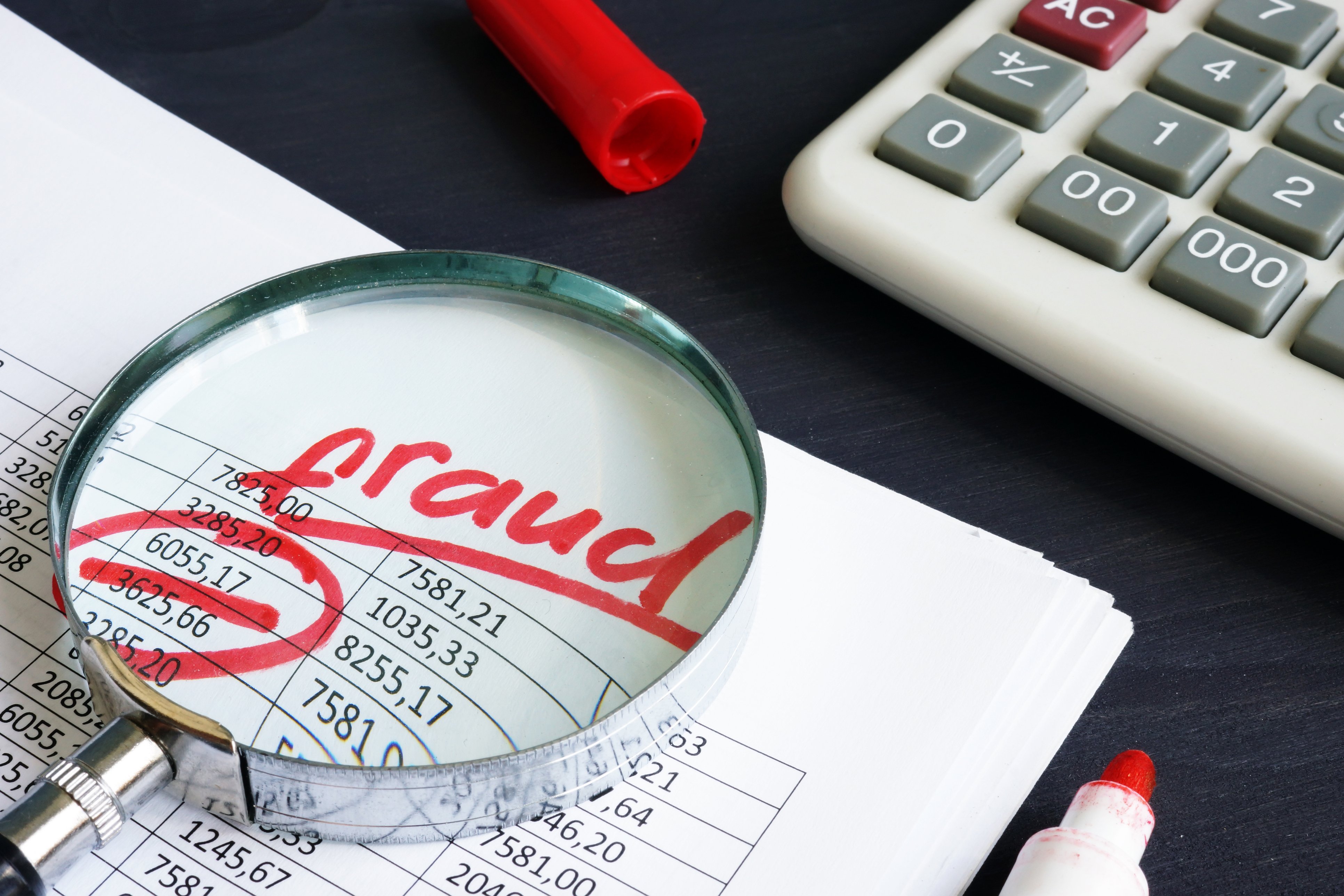
You’re probably aware of the numerous ways scammers try to con money out of victims through the Internet. What you may not know, though, is that in the past few months many scammers have started to resort to an older tactic—check fraud.
The way most check fraud works is that scammers give their victims a fraudulent check to cash, then disappear with the money before either the financial institution that cashed the check or the victim realizes something is amiss.
Of course, scammers aren’t going to simply hand you a fake check and ask that you cash it for them. Instead, they’ll let you know you’ve won a prize and send you a check with the prize money, but then ask that you wire them money back to cover the taxes or fees they incurred. They might also send you a check as a way of buying an item online, only to massively overpay you and request that you send back the money that they overpaid.
No matter how they do it, though, the process is almost always the same—give a victim a counterfeit check, have the victim cash the check and then send back a portion of the money.
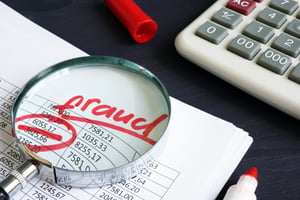 Unfortunately, check fraud can be pretty effective. Scammers are very good at making themselves appear legitimate, and technological advances have allowed scammers to print out checks that can appear nearly identical to a legitimate check at first glance.
Unfortunately, check fraud can be pretty effective. Scammers are very good at making themselves appear legitimate, and technological advances have allowed scammers to print out checks that can appear nearly identical to a legitimate check at first glance.
Scammers are also aware that if you cash a check with a credit union or bank, they’ll have the funds available for you in a few days, but that detecting a fraudulent check may take weeks. That gives them plenty of time to disappear and cover their tracks.
If that weren’t scary enough, you can face serious repercussions for cashing a fake check, even if you didn’t know it was fraudulent. Most financial institutions, though, will require you to pay back any money you spent from the fraudulent check. Some might even debit your account the full amount of the check, and this may result in overdraft charges.
Cashing a fraudulent check can also have dire consequences for your bank account. Your bank might decide to freeze your account while they make sure you don’t have any other fraudulent transactions, but if they’re at all worried you’re a bad risk they might simply close your account. They may also alert checking account reporting companies that you cashed a bad check, and this information will probably be seen by other financial institutions when you’re trying to open a new bank account.
Admittedly, you might not get hit with all of these consequences for unknowingly cashing one fraudulent check. For most people, though, having a significant amount of money in their account vanish overnight can be a pretty severe consequence on its own.
While you can’t stop someone from sending you a check, you can take steps that will more often than not help you protect yourself from scammers. By far the best way is to contact the bank or credit union that issued the check by looking up their information online. You might discover that the financial institution that issued the check doesn’t exist, but even if the financial institution is real you’ll want to reach out to their customer service and verify the check’s validity.
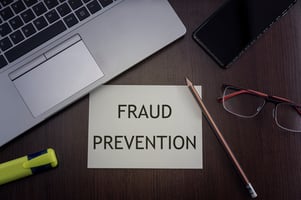 If you can’t reach the bank or credit union, you can also look at the check itself. Make sure there’s no missing information on the check, such as the financial institution’s contact information or the check number. Also take a look at the watermark, since it’ll be blurry on many counterfeit checks.
If you can’t reach the bank or credit union, you can also look at the check itself. Make sure there’s no missing information on the check, such as the financial institution’s contact information or the check number. Also take a look at the watermark, since it’ll be blurry on many counterfeit checks.
You can also get a clue as to whether a check is legitimate by finding out why you got the check in the first place. Did you get it as a prize for a contest you don’t remember entering or because someone massively overpaid you for something you sold online? If you’re not sure why you got a check or you’ve been overpaid far out of proportion for an item you sold, it’s time to get suspicious.
Finally, never cash a check for someone who wants money back from the check. There’s no good reason someone would ever write a check for more than they intended and ask you to pay them back, especially not when they could just write another check. If you feel like the person who sent you the check might be legitimate, though, contact them and let them know they overpaid, but you’ll happily wait for them to send you another check with the correct amount.
Check fraud has become one of the new favorite tactics for scammers in recent months. Fortunately, you can foil scammers’ attempts to get you to cash a fraudulent check by verifying that the check is legit with the issuing financial institution and be wary of any checks you get that ask you to send money back to the person who sent it.
You can also help cut down on fraud in general by taking advantage of the tools and resources available to First Alliance Credit Union members. You can get identity theft protection and monitor your account for any unusual activity by logging into our online bank account or mobile app. You can also get additional protection for your debit and credit card by using our My Cards tool to let you set limits on where and how your card can be used.

One of the most popular types of fraud among scammers in recent months is check fraud. It’s not hard to see why, either. Advancements in technology...
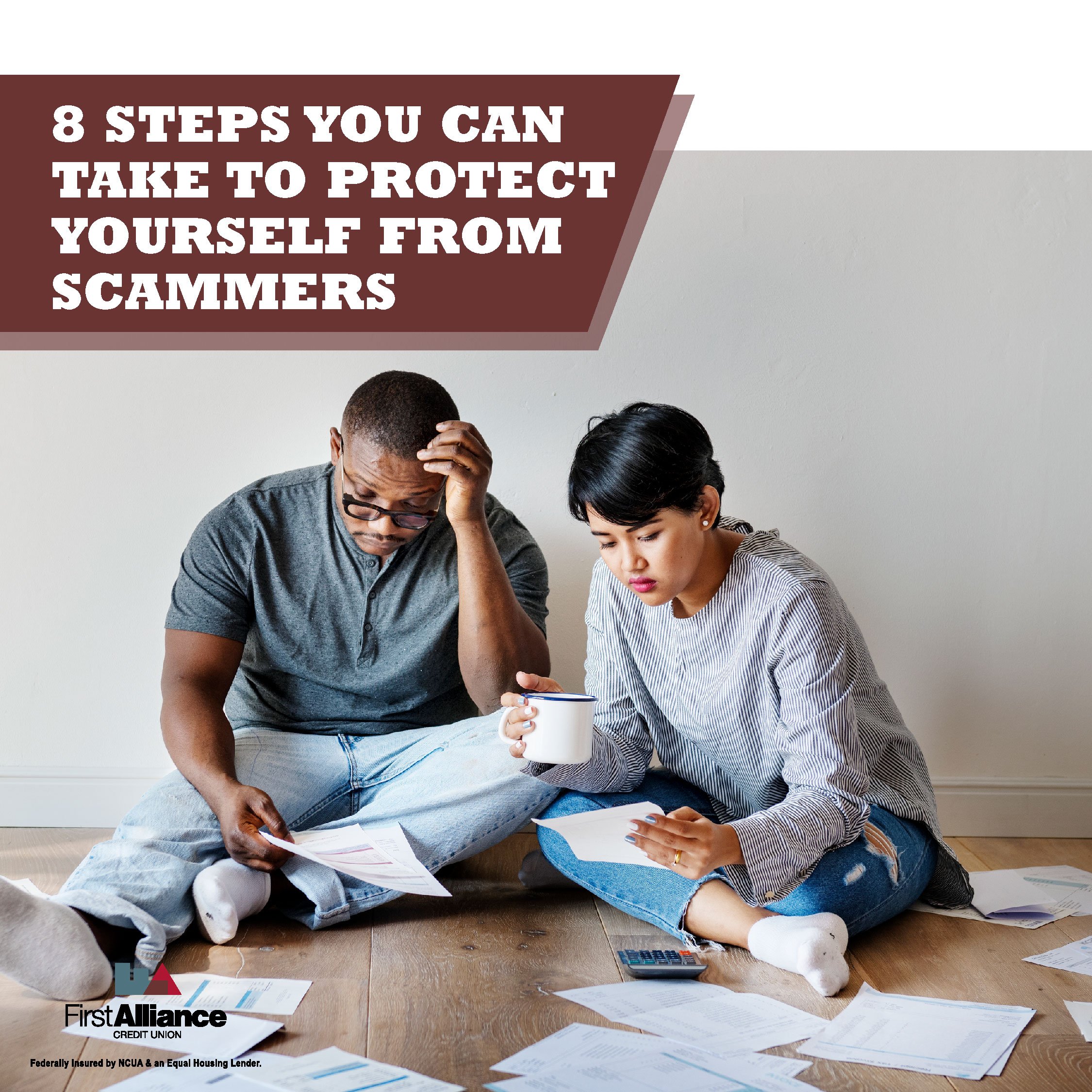
Scammers are a constant threat, and they’re only getting worse. According to the Federal Trade Commission, scammers stole $8.8 billion dollars from...
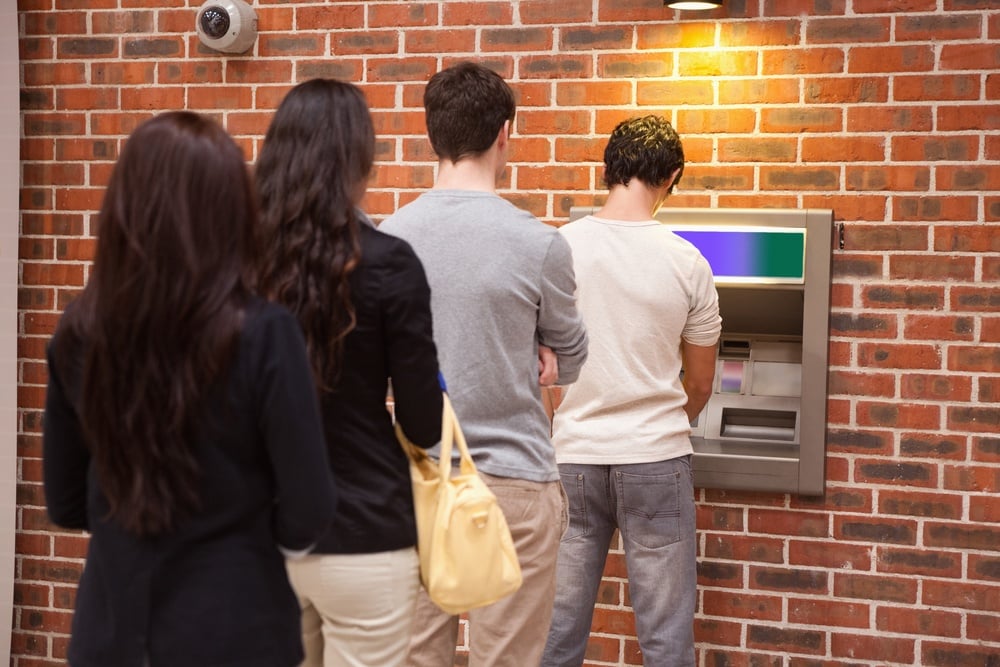
Identity theft is a problem that's not going away. About one in 15 people will be victims of identity theft this year, and one of the most common...